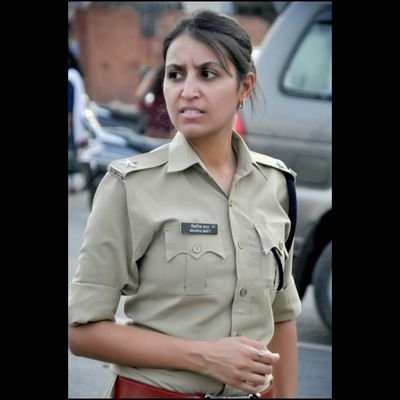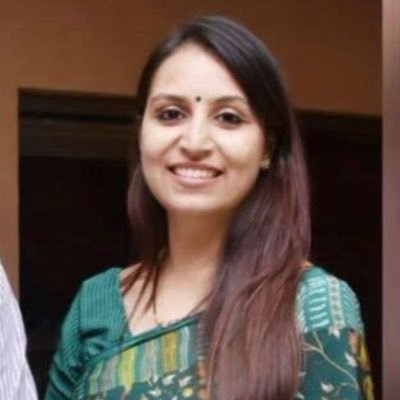In a world where crime is evolving with technology, one police officer stands out for her ability to think like a scientist and act like a leader. Meet IPS officer Niharika, whose journey from research laboratories to law enforcement demonstrates how analytical thinking can reshape policing in India.
For Niharika, science was never just about formulas — it was about solving problems.
“What makes a difference is how quickly and how well you can work out a solution,” she explains. Years of scientific training taught her to observe closely, analyse deeply, and break complex issues into solvable parts. Today, those same skills have become her greatest strength in policing.
Science + Policing = A New Approach to Crime
As crime increasingly intersects with technology — from digital fraud to cyber-harassment — Niharika’s scientific mindset helps her get to the root of problems faster.
“With more crimes interfacing with technology, having a science background helps get to the bottom of issues,” she says. Her approach prioritises data, evidence, and structured analysis, marking a shift from traditional policing to a more modern, investigative model.
Balancing Duty and Motherhood
Beyond her uniform, Niharika is a mother — a role no less demanding. Police duty doesn’t follow fixed hours, and motherhood doesn’t pause. But she credits her ability to balance both to the support of her family.
“It takes a village to raise a child,” she says. Her husband and mother-in-law share responsibilities, proving that parenting is not a one-person job.
“It is wrong to expect women to do everything alone,” she emphasizes. “There is no shame in asking for help.”
Her experience as a mother has also deepened her sensitivity. Crimes involving children, she says, affect her more intensely:
“Children are our future. It is our duty to ensure their physical and emotional well-being.”

Data, Tech, and Empathy — The Future of Policing
Niharika believes that the future of policing lies in data-driven systems, real-time information mapping, and digital crowd monitoring.
“Crowds are not just on the streets anymore — they are online. Policing must evolve to meet them there,” she notes.
Yet, she insists that technology must go hand-in-hand with empathy. Policing, she says, is ultimately about understanding people, not just solving cases.
A Message to Young Aspirants
For women — especially those from science or engineering backgrounds — who hesitate to switch paths, she offers clear advice:
“Civil services is not just a career. It is about becoming aware citizens. Read, understand society, analyse, have opinions — develop empathy.”
Her words echo the spirit of the book that shaped her worldview:
“Women hold up half the sky.”


